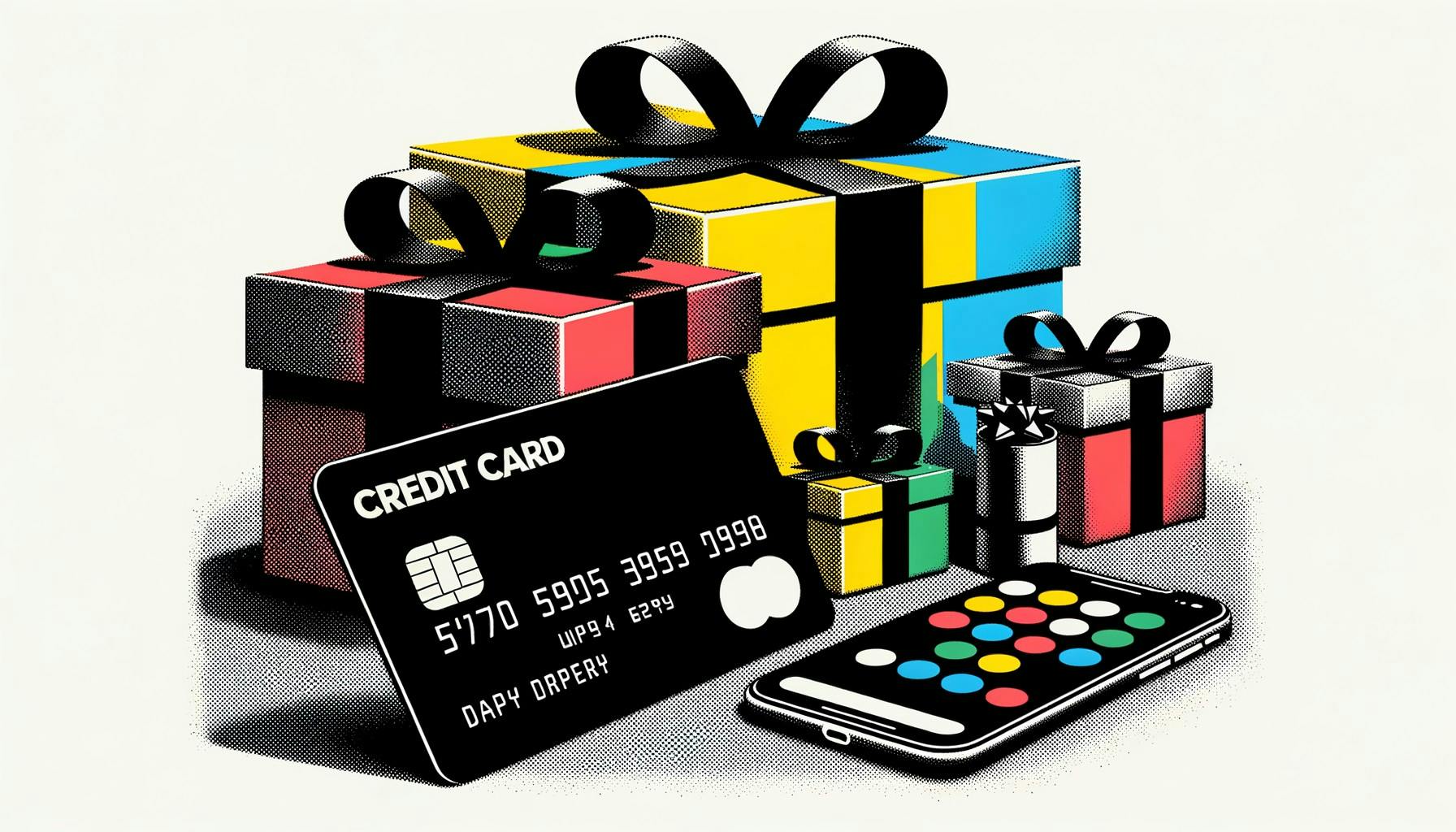Shopping
US Shoppers To Spend Record $18.5B Using Buy Now, Pay Later

What’s going on here?
US shoppers are anticipated to spend a record $18.5 billion using buy now, pay later (BNPL) services during the holiday season, a projected increase of 11.4% from last year, as reported by Adobe Analytics on September 25, 2024.
What does this mean?
The holiday shopping frenzy just got a financial twist. With overall holiday spending expected to jump by 8.4% to nearly $240.8 billion, BNPL services like Klarna, Afterpay, and Affirm are gaining ground. These services promise a more manageable spending spree by allowing customers to split payments on high-demand items, such as electronics and beauty products. However, consumer watchdogs warn that using credit cards to pay off BNPL installments could lead to mounting debt. Despite this, BNPL companies report low delinquency rates, with projections indicating increased consumer reliance on these payment options.
Why should I care?
For markets: Navigating the holiday shopping spree.
As BNPL services grab a bigger slice of the holiday shopping pie, they’re also reshaping market dynamics. This surge in BNPL usage highlights a shift from traditional debit card payments, signaling potential growth areas for companies offering flexible payment solutions. Yet, the rise in credit card charge-offs to 4.82% in Q2 2024, the highest since 2011, indicates potential risks. Investors should keep an eye on BNPL trends and related delinquency rates to gauge the financial health of both lenders and consumers.
The bigger picture: Debt and consumer behavior.
The BNPL boom ties into broader economic shifts, reflecting how consumers manage their finances amid rising costs and economic uncertainty. The New York Federal Reserve’s recent survey showed a 13.6% probability of loan delinquency within the next three months, with higher risks for low-income earners. This underscores the precarious balancing act consumers face. Meanwhile, regulatory actions, like the CFPB’s new rules for BNPL lenders, aim to protect shoppers but stop short of requiring comprehensive credit checks. The focus remains on ensuring fair practices and transparency in an evolving credit landscape.










